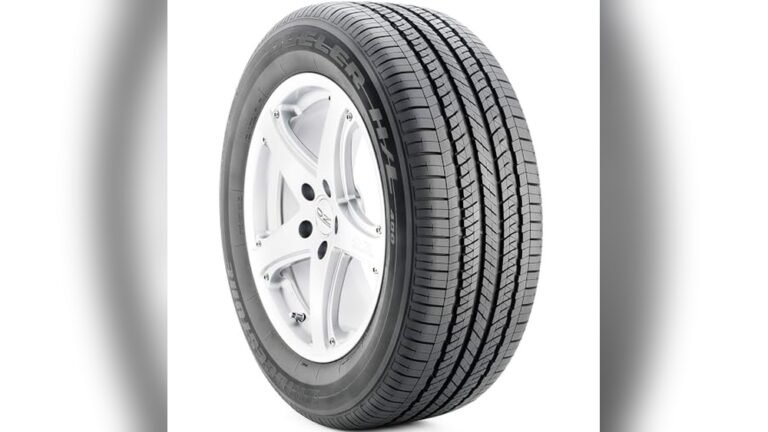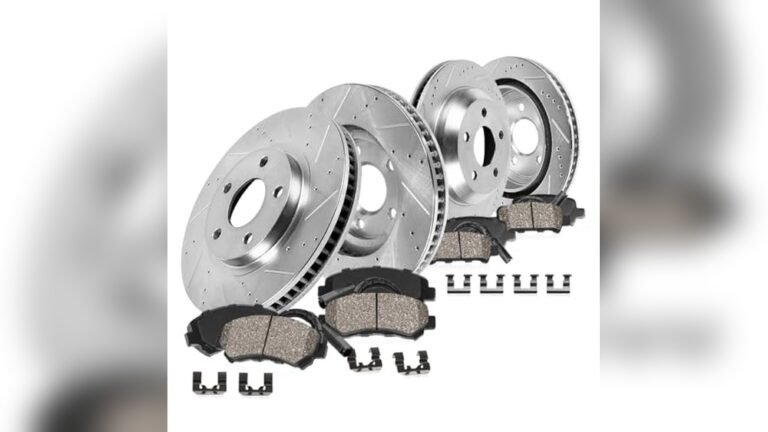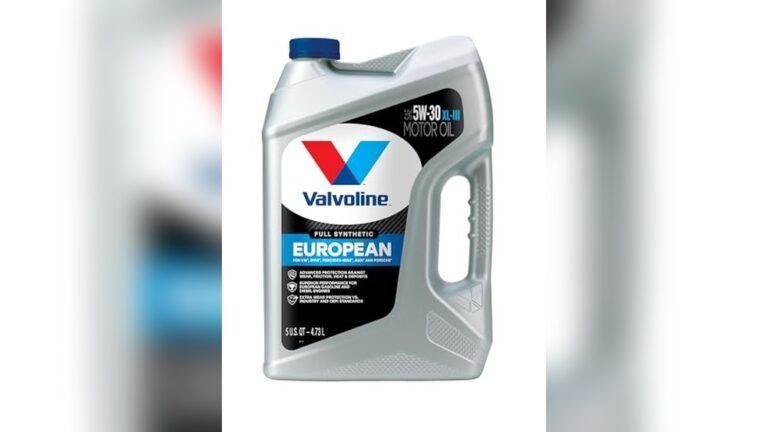Your BMW’s oil should be changed approximately every 7,500 to 10,000 miles to maintain optimal performance. Welcome to the world of luxury and high-performance with your BMW vehicle.
Regular maintenance plays a crucial role in keeping your car running smoothly and efficiently. One of the most important routine tasks is changing the oil. As the lifeblood of your engine, oil lubricates and protects its components. Knowing how often to change your BMW’s oil is essential to ensure optimal performance and extend the lifespan of your vehicle.
We will discuss the recommended frequency for oil changes in BMW cars and the factors that can affect the interval. Buckle up and let’s explore the world of oil changes in BMWs.
Understanding Bmw Oil Change Frequency
Regular oil changes are crucial for maintaining the performance and longevity of BMW vehicles. Oil not only lubricates the engine components but also helps in cooling and cleaning the engine. BMW engines are known for their high-performance capabilities, and using the right oil and changing it at the recommended intervals is essential to ensure their optimal function. BMW recommends specific oil change intervals based on the model and engine type. These intervals may vary from conventional wisdom, which suggests changing oil every few thousand miles. It is important to follow the BMW recommended intervals to ensure that the engine operates at its best. Neglecting regular oil changes can lead to a buildup of contaminants, reduced engine efficiency, and potential engine damage. Therefore, it is crucial to stay proactive and adhere to BMW’s oil change frequency to keep your BMW running smoothly for years to come.
Deciphering Bmw Service Indicators
BMW’s Condition Based Service (CBS) system is designed to provide drivers with necessary maintenance information based on their driving habits and the condition of the vehicle. Understanding the CBS system’s service indicator lights is crucial in ensuring timely and appropriate servicing. These indicator lights reflect different service requirements such as oil changes, brake fluid flushes, and more. For BMW owners wondering how often to change the oil, the CBS system considers factors like mileage, driving conditions, and engine loads to determine the optimal oil change frequency. It is important to pay attention to these indicators and not solely rely on conventional mileage-based oil change intervals. Regularly checking the CBS system and adhering to its recommendations will help maintain the performance and longevity of your BMW.
How Often Oil Change Bmw: Facts And Myths
Factory recommendations for oil change intervals vary depending on the BMW model. It is essential to consult your owner’s manual or contact a certified BMW technician to get accurate information specific to your vehicle. Synthetic oils have become increasingly popular due to their ability to provide better lubrication and protection for the engine. They also have extended change intervals compared to conventional oils. However, it is important to note that the recommended oil change interval still applies, even when using synthetic oils. Common misconceptions around BMW oil changes include the idea that high-performance vehicles require more frequent oil changes. While it may seem logical, BMW engineers have designed these cars to withstand longer oil change intervals to maintain their optimal performance.

Credit: www.bmwofwarwick.com
Bmw Oil Change Guidelines By Model And Engine Type
BMW is a renowned luxury car brand known for its performance and reliability. Regular oil changes are essential to maintain the optimum performance of a BMW. The frequency of oil changes depends on the specific BMW series and engine type.
For BMW series and models such as the 1 Series, 2 Series, 3 Series, 4 Series, 5 Series, 6 Series, 7 Series, and X series, it is recommended to change the oil every 10,000-15,000 miles or every 12-18 months, depending on the engine type.
Bear in mind that high-performance models may require more frequent oil changes due to the additional stress on the engine. In such cases, it is advisable to consult the owner’s manual or contact a BMW dealership or service center for specific recommendations.
It is important to adapt maintenance schedules based on both the series and the engine type of your BMW. Regular oil changes can help prolong the life of the engine and ensure optimal performance.
| BMW Series | Recommended Oil Change Frequency |
|---|---|
| 1 Series | Every 10,000-15,000 miles or 12-18 months |
| 2 Series | Every 10,000-15,000 miles or 12-18 months |
| 3 Series | Every 10,000-15,000 miles or 12-18 months |
| 4 Series | Every 10,000-15,000 miles or 12-18 months |
| 5 Series | Every 10,000-15,000 miles or 12-18 months |
| 6 Series | Every 10,000-15,000 miles or 12-18 months |
| 7 Series | Every 10,000-15,000 miles or 12-18 months |
| X Series | Every 10,000-15,000 miles or 12-18 months |
Practical Tips For Maintaining Your Bmw’s Engine
Choosing the right oil for your BMW is essential for maintaining its engine’s health. Be sure to consult your owner’s manual or mechanic to understand the recommended oil type and viscosity. Routine checks, such as monitoring the oil level and looking for any signs of contamination or leaks, can help ensure your engine’s health between oil changes. Pay attention to any unusual noises or vibrations, as these may indicate a problem with the engine. Additionally, consider more frequent oil changes if you often drive in harsh conditions, such as extreme temperatures or stop-and-go traffic. Adequate engine lubrication is crucial for preventing excessive wear and tear, optimizing performance, and extending the life of your BMW.
Avoiding Common Pitfalls In Bmw Oil Maintenance
Proper maintenance of your BMW’s oil is essential to ensure optimal performance and longevity of your vehicle. Neglecting oil changes can lead to various risks and consequences. Regularly changing the oil helps prevent engine sludge buildup and maintains lubrication, minimizing the risk of engine damage. It also ensures that your engine is protected against excessive wear and tear.
Another common pitfall is using incorrect oil or filter selection. Using the wrong oil can affect engine performance and efficiency, potentially leading to engine damage. It’s essential to use the recommended oil viscosity and quality specified by BMW.
Extended oil changes can also have an impact on your BMW warranty. Failure to follow the recommended oil change intervals may void the warranty, leaving you responsible for any expensive repairs that may arise.
| Risks and Consequences | Potential Issues |
| Engine sludge buildup | Engine damage |
| Improper lubrication | Excessive wear and tear |
Regularly changing your BMW’s oil, using the correct oil and filter, and adhering to the recommended maintenance schedule will help ensure optimal performance and protect your warranty. Consult your BMW owner’s manual or contact a certified BMW technician for specific guidelines and recommendations for your vehicle.
Frequently Asked Questions For How Often Oil Change Bmw
How Often Should I Change The Oil In My Bmw?
It is recommended to change the oil in your BMW every 7,500 to 10,000 miles or once a year, whichever comes first. This regular oil change ensures optimal engine performance, lubrication, and prolongs the life of your engine.
Why Is Regular Oil Change Important For My Bmw?
Regular oil changes are crucial for your BMW’s engine health. Fresh, clean oil lubricates the moving parts, reduces friction, and prevents engine wear. It also helps maintain optimal engine temperature and improves fuel efficiency, ensuring your BMW runs smoothly and performs at its best.
Can I Change The Oil Myself Or Should I Go To A Professional?
Although it is possible to change the oil in your BMW yourself, it is often recommended to go to a professional technician. BMW engines require specific oil types and quantities, and a professional will have the expertise and equipment to ensure the job is done correctly, avoiding any potential damage.
Conclusion
Maintaining a regular oil change schedule for your BMW is crucial for optimal performance and longevity. By adhering to the manufacturer’s guidelines and consulting with a trusted mechanic, you can ensure that your engine remains well-lubricated and protected against wear and tear.
This simple maintenance task is a small investment that can yield significant benefits in the long run. Trust your BMW and prioritize its well-being by staying on top of oil changes. Your car will thank you with smooth and efficient driving for years to come.







